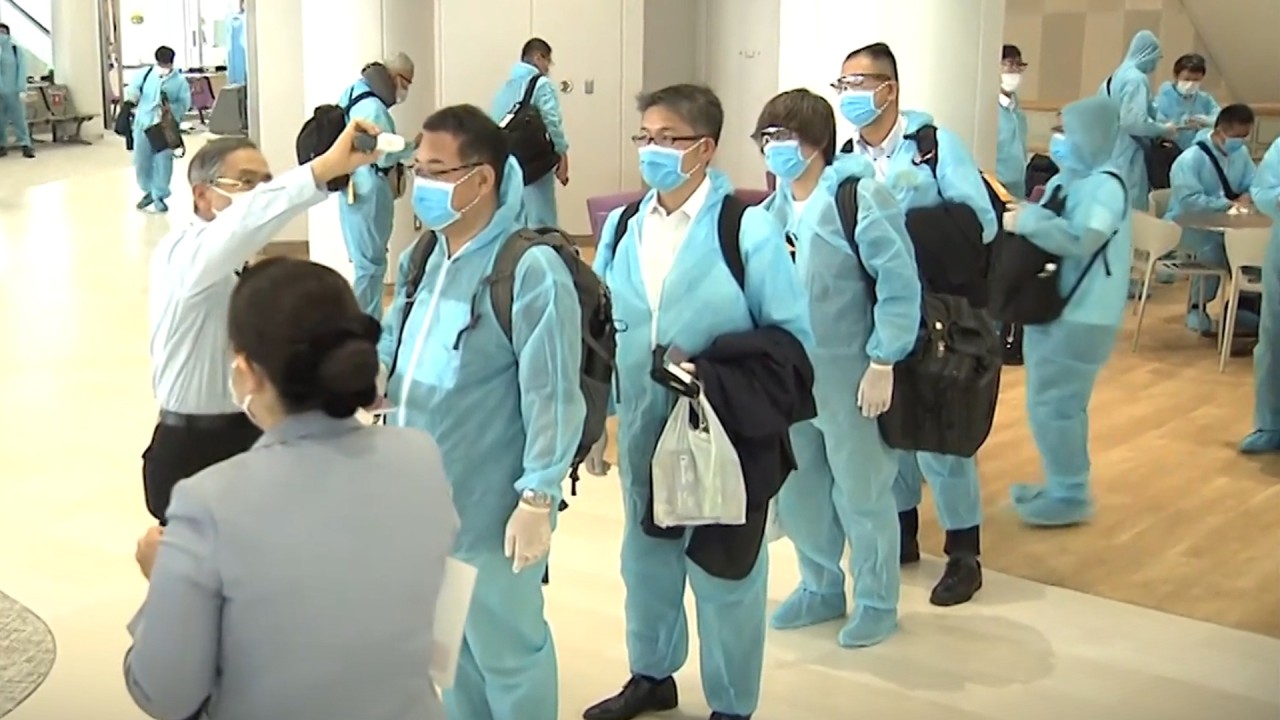
Japan to pay firms to produce goods locally or in Southeast Asia, in shift from China
- Dozens of companies will get US$536 million in subsidies to invest in production in Japan
- Another 30 firms will receive money for investments in Vietnam, Myanmar, Thailand and other Southeast Asian nations, according to a separate announcement
Fifty-seven firms, including privately-held face mask-maker Iris Ohyama and Sharp, will receive a total of 57.4 billion yen (US$536 million) in subsidies from the government to invest in production in Japan, said the Ministry of Economy, Trade and Industry (METI) on Friday.
Another 30 firms will receive money for investments in Vietnam, Myanmar, Thailand and other Southeast Asian nations, according to a separate announcement, which did not provide details on the amount of money.
Hong Kong national security law and Covid-19 strain China-Japan ties
The government will pay a total of 70 billion yen in this round, the Nikkei newspaper reported.
The payments come from 243.5 billion yen that the government earmarked in April to reduce reliance on Chinese supply chains, with the money aimed at helping companies shift factories back home or to other nations.
Amid rivalry with China, Japan is aiming for the moon – and beyond
Japan’s decision is similar to a Taiwanese policy in 2019, which was aimed at bringing investment back home from China. So far, no other country has enacted a concrete policy to encourage the shift.

01:22
As Covid-19 travel restrictions ease, first commercial planes depart from Japan for Vietnam
China is Japan’s biggest trading partner under normal circumstances and Japanese companies have massive investments there.

